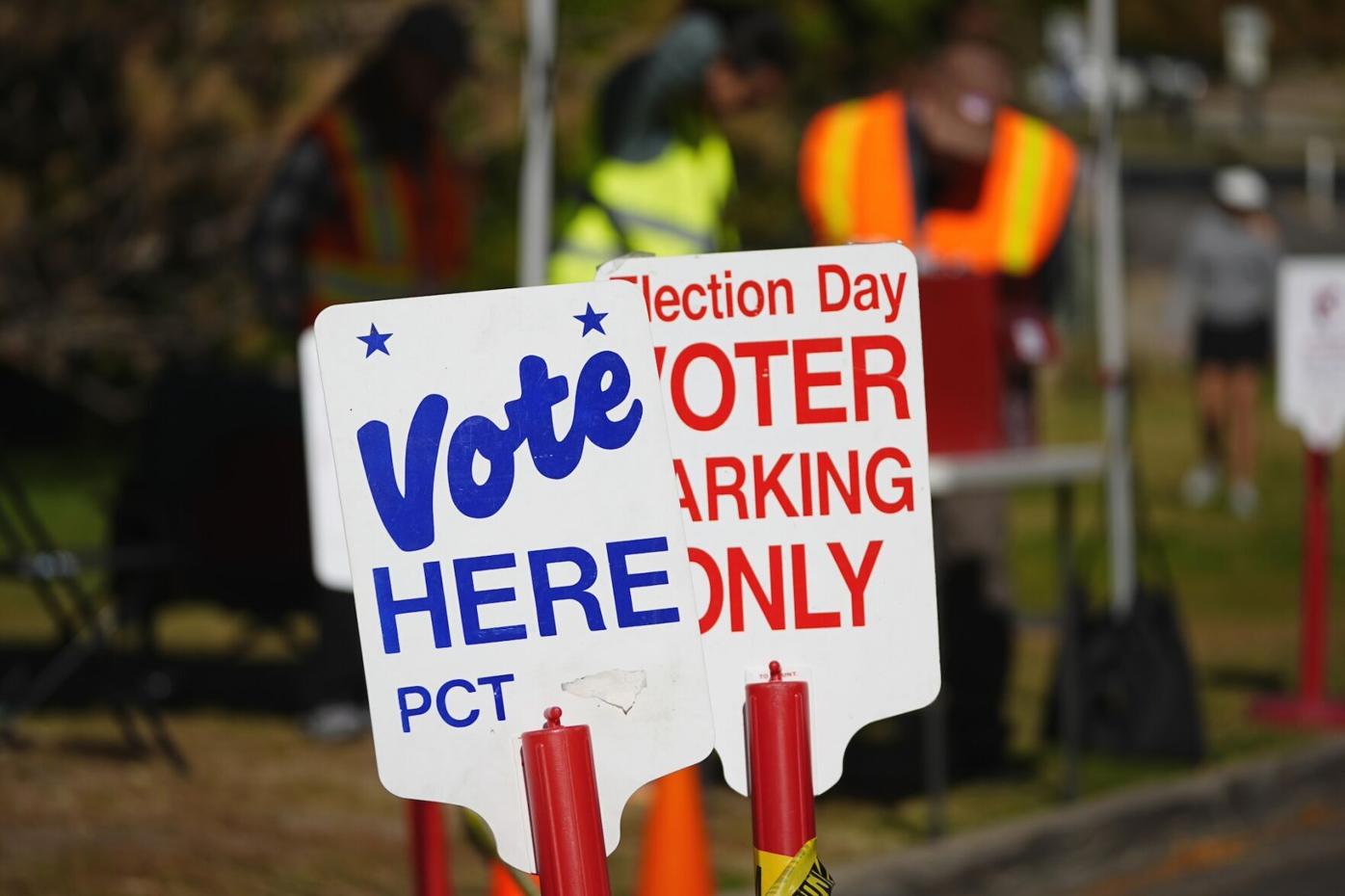At-large candidate election measure to go to Denver ballot
Denver’s 2025 ballot has grown by another question after the Denver City Council approved a measure Monday that will ask voters to “modernize” how Denver elects its two at-large council members.
The question that will appear on the Nov. 4 ballot asks Denver residents to no longer vote for both of the city’s at-large members on a single ballot, but instead choose them separately on two ballots — At-Large A and At-Large B.
Denver’s At-Large positions are the only city offices not elected by a majority of the votes.
City officials argue that the “single-shot” voting “incentivizes voters to waste their second vote in order not to harm the chances of their first-choice candidate from winning.”
“This is a common-sense, data-informed change that aligns all of our elected offices into the same method, so that all officials are elected by majority,” District 2 Councilmember Kevin Flynn said.
Among concerns for the potential for a “flood of dark money” influence, Flynn called the notion a “complete red herring.”
“This amendment can literally reduce the impact of big money by preventing special interests from getting someone elected with just 25% of the vote,” he said. “That’s easier than having to get a majority, and it’s less expensive for the dark money people.”
In the nine elections since 1991, sponsors say at-Large winners have won with vote percentages ranging from 16.6% to 41.03% of the vote. The average winning percentage for the first-place candidate was 32.77%, and the average for the second-place candidate was 24.41%.
In 2023, council districts with competitive races saw rates of undervoting that were more than double or quadruple the rate in the at-large race compared with the district council races.
Intentionally leaving votes blank as a strategy is “not good for democracy,” said Flynn in an earlier council committee meeting.
At-Large Councilmember Sarah Parady has previously stated that the notion of single-shot voting encouraging “wasted” votes feeds a narrative that the city’s elections are poorly managed.





